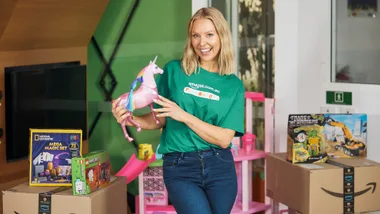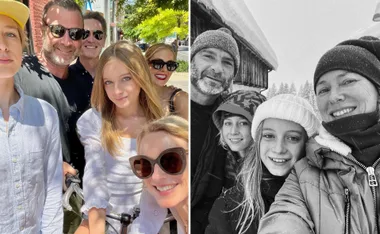The ability to trust, love and resolve conflict with loved ones starts much earlier than you think.
In fact, a new review of the literature in Current Directions in Psychological Science, a journal published by the Association for Psychological Science, found that these abilities start in early childhood.
Psychologist Jeffry A. Simpson, one of the authors of the paper from the University of Minnesota, said the first 12 to 18 months of a child’s life are crucial to this development.
“Your interpersonal experiences with your mother during the first 12 to 18 months of life predict your behaviour in romantic relationships 20 years later,” he said.
“Before you can remember, before you have language to describe it, and in ways you aren’t aware of, implicit attitudes get encoded into the mind.”
While these attitudes can change throughout life with new relationships, in times of stress old patterns often reassert themselves.
The study reviewed 75 children of low-income mothers, which were assessed from birth into their early 30s. The subject’s relationships with their close friends and romantic partners were monitored.
As infants, the subjects and their mothers were put into strange or stressful situations to test how they were bonded.
Now that the children are adults they return regularly for assessments of their emotional and social development. The review focuses on their skills and resilience in working through conflicts with school peers, teenage best friends, and finally, love partners.
The review found that those who were mistreated as infants become a defensive arguer, while the baby whose mum was attentive and supportive works through problems, keeping in mind the feelings of the other person.
“People find a coherent, adaptive way, as best as they can, to respond to their current environments based on what’s happened to them in the past,” Simpson said.
The idea that what happens to you as an infant affects you as an adult isn’t such a new idea in psychology, but solid evidence backing this up is needed.
This is what Simpson and his colleagues, W. Andrew Collins and Jessica E. Salvatore, are investigating the links between mother-infant relationships and later love partnerships as part of the Minnesota Longitudinal Study of Risk and Adaptation.
“Psychologists started off thinking there was a lot of continuity in a person’s traits and behaviour over time,” Simpson said.
Simpson said that the research has found a “weak but important thread” between infants relationship with their mother and a 20-year-old’s relationship with their partner.
“One thing has struck us over the years: It’s often harder to find evidence for stable continuity than for change on many measures,” Simpson said.
Simpson said although the link is prominent, if one is able to talk about the past and get involved with a committed, trustworthy partner, they may be able to “revise your models and calibrate your behaviour differently.”






.png?resize=380%2C285)



